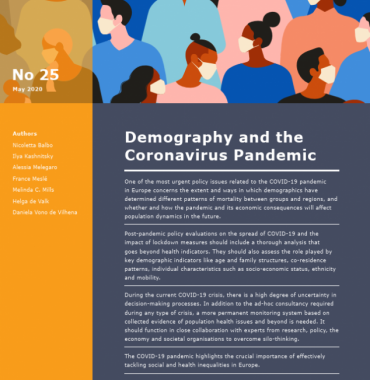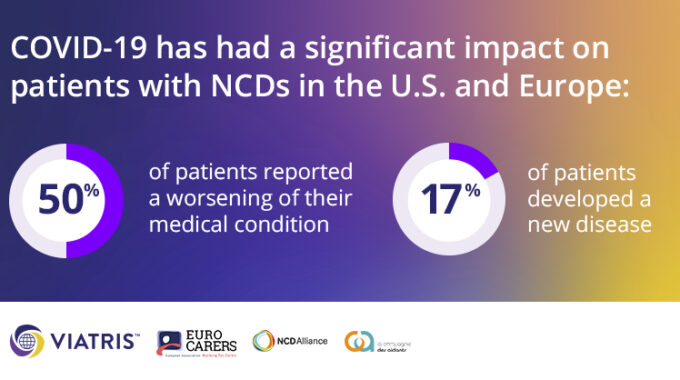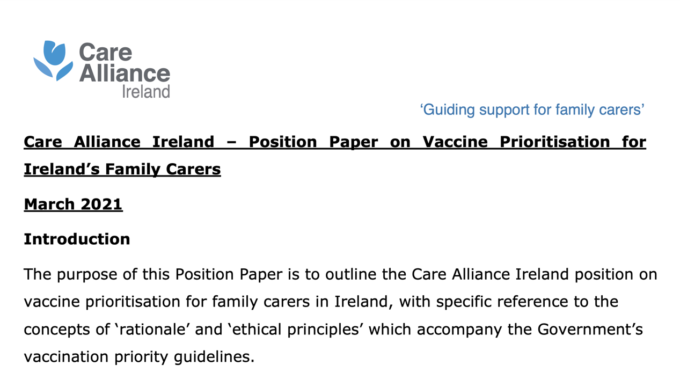
Demography and the Coronavirus Pandemic
Population Europe has just released their timely policy brief on the coronavirus pandemic
Authors: Nicoletta Balbo, Ilya Kashnitsky, Alessia Melegaro, France Meslé, Melinda C. Mills, Helga A. G. de Valk, Daniela Vono de Vilhena
In light of the COVID-19 crisis, one of the most urgent policy issues is to gain a better understanding of the extent and ways in which demographics have determined different patterns of mortality in European countries due to the virus, and whether and how the pandemic and its economic consequences will affect population dynamics in the future. European demographers have been intensively working on these questions since the pandemic began. This policy brief offers an overview of the most important crisis outcomes identified by the demographic community in Europe to date, and points towards the pivotal trends that need to be tackled in the coming months.
Key Messages:
One of the most urgent policy issues related to the COVID-19 pandemic in Europe concerns the extent and ways in which demographics have determined different patterns of mortality between groups and regions, and whether and how the pandemic and its economic consequences will affect population dynamics in the future.
Post-pandemic policy evaluations on the spread of COVID-19 and the impact of lockdown measures should include a thorough analysis that goes beyond health indicators. They should also assess the role played by key demographic indicators like age and family structures, co-residence patterns, individual characteristics such as socio-economic status, ethnicity and mobility.
During the current COVID-19 crisis, there is a high degree of uncertainty in decision-making processes. In addition to the ad-hoc consultancy required during any type of crisis, a more permanent monitoring system based on collected evidence of population health issues and beyond is needed. It should function in close collaboration with experts from research, policy, the economy and societal organisations to overcome silo-thinking.
The COVID-19 pandemic highlights the crucial importance of effectively tackling social and health inequalities in Europe.
Download the Policy Brief 25/2020 here.





